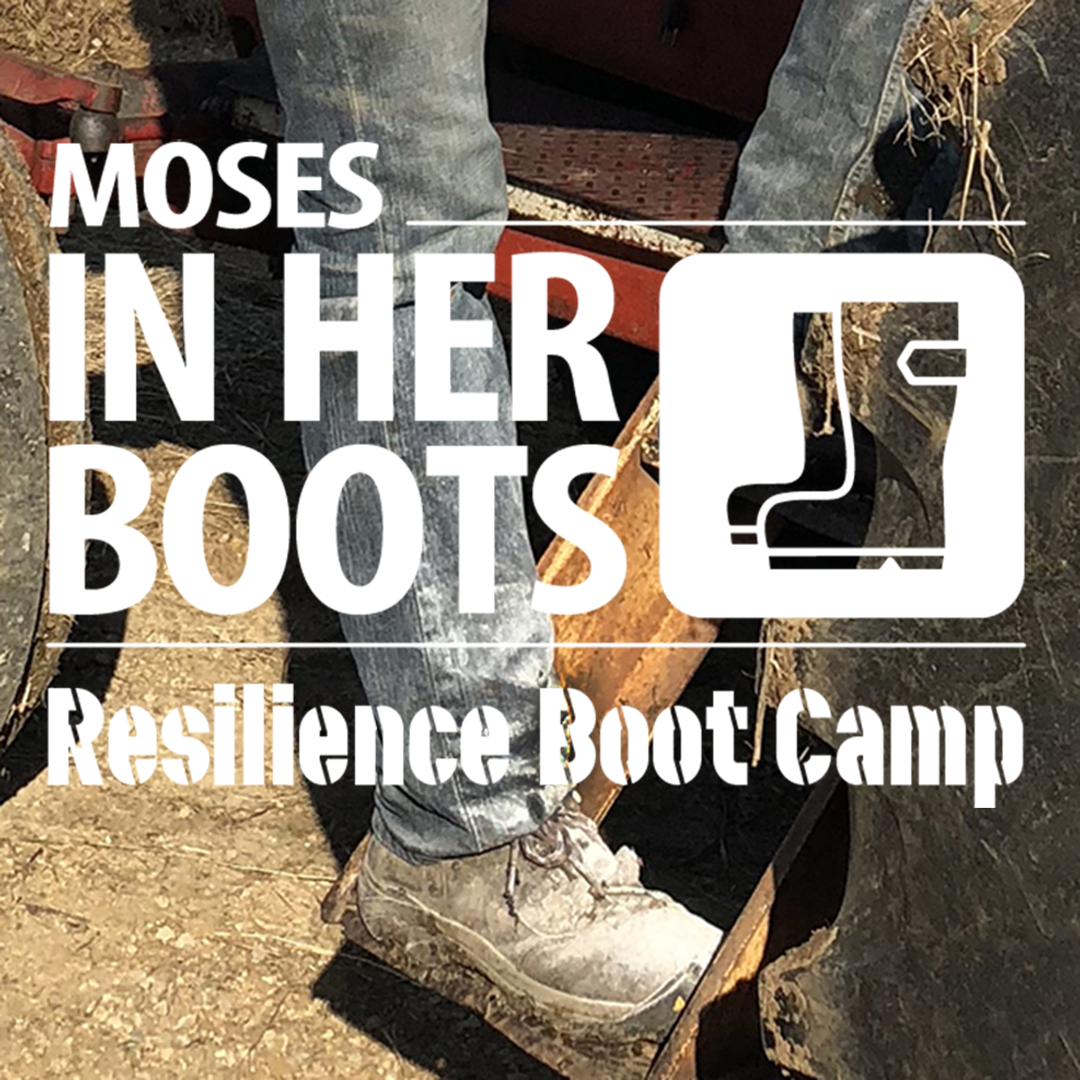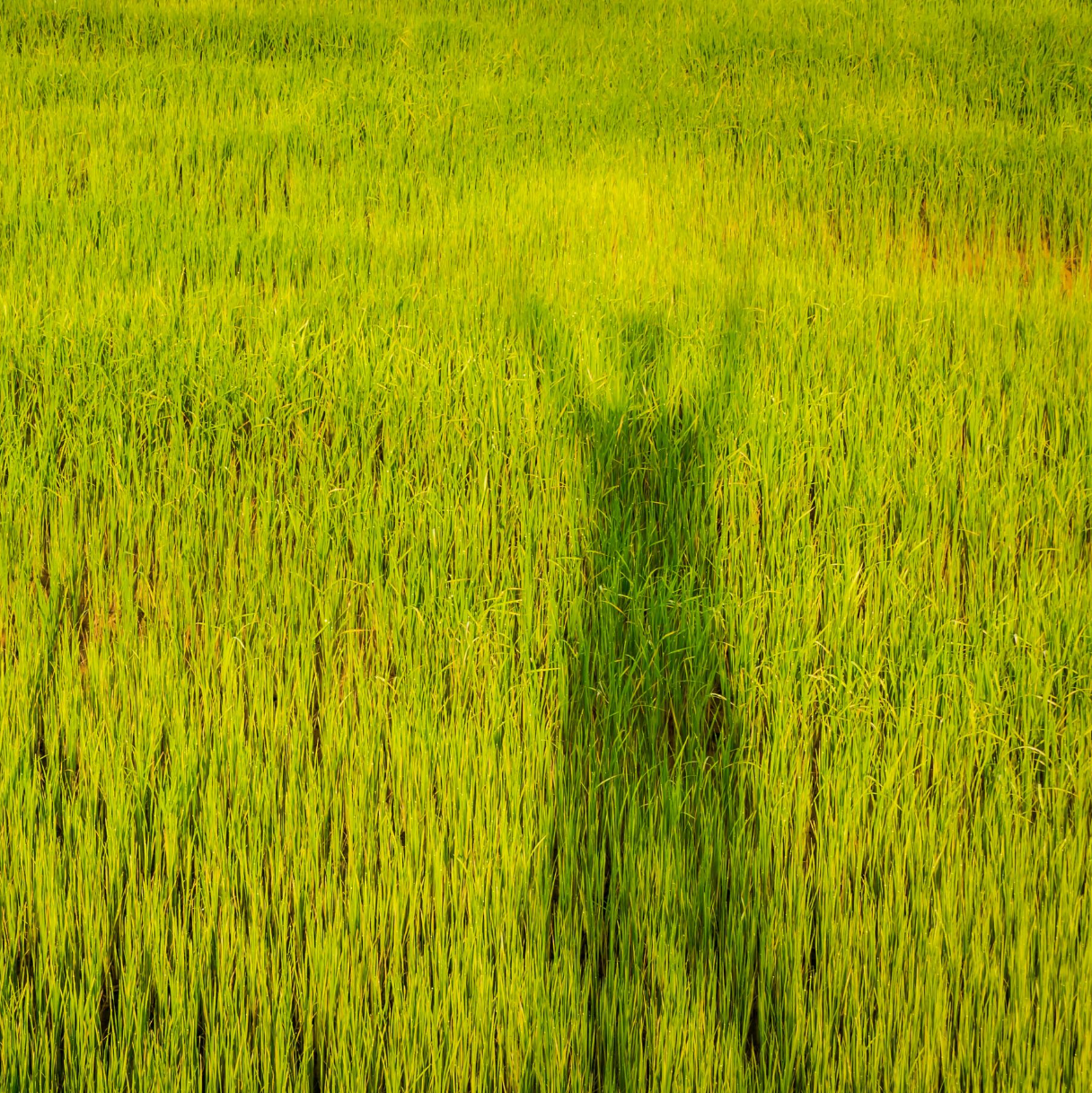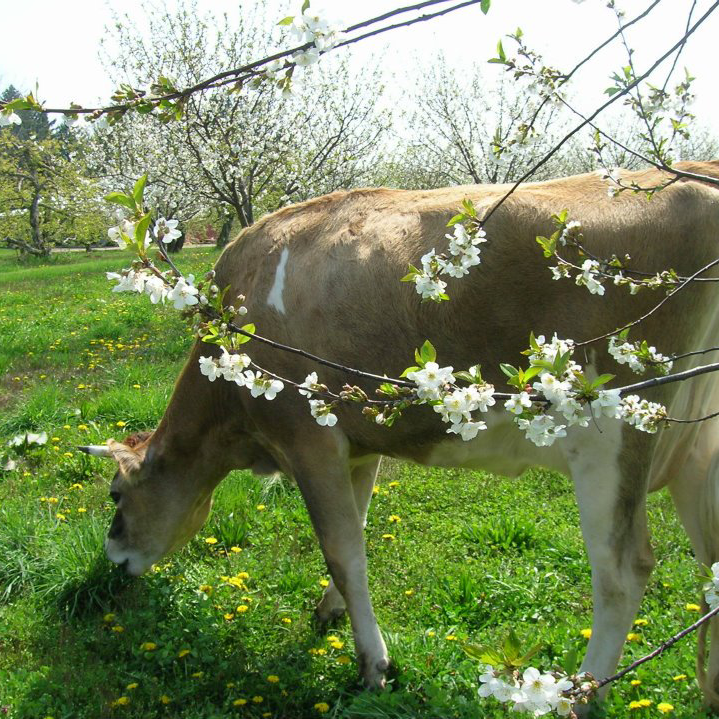|
|
 |
|
|
We wrap up our Resilience Boot Camp this week and hope the last two months of newsletters, podcasts, and webinars provided a weekly boost of inspiration and ideas during the peak summer season. As our MOSES In Her Boots project navigates this new virtual connection space during the pandemic, we thank you for your support and feedback. In case you missed something, all of the past newsletters and other resources – including webinar recordings – can be found on the Resilience Boot Camp webpage. As always, a warm welcome to continue the conversation in our Facebook group. Lisa Kivirist, MOSES In Her Boots Coordinator |
|
|
|
Resilience through Community
By Dr. JohnElla Holmes, Kansas Black Farmers Association 1. Honor your value. Historically, women have been taught that we're not the important person in the relationship. We come from a background where there were no rights. You couldn't even own your own land and it had to be in your husband's name. We've been also too often taught that the man is the head of the household. All women have had to overcome the stigmatism that was associated with women taking care of the household but that was not being recognized as real work. That's why I simply fell in love with the definition of what a farmer is: if you've produced a thousand dollars in agriculture and products and value-added products, you're a farmer. Women are farmers! |
|
|
|
2. Tap into network knowledge. Remove the word “no” from your vocabulary when it comes to “I can't do this.” The real answer is, “I think I can because I know people who can help.” If you can't write a grant, if you don't know what to ask, then connect with other people to see what's working, what isn't working and what organizations can help you. What podcasts could I listen to? What newsletters could I read? Is there anybody that has a successful lavender farm or whatever it is I want to do that that I might tap into? It's us opening our mouths, working in groups, learning from each other, and gleaning opportunities. 3. Learn and share. Be persistent and then share what you learn. I sat in the USDA FSA and NRCS offices until I had someone walk me through each one of their programs, how it would benefit us, and what procedures and steps we needed to go through and what paperwork had to be completed or accounted for. Then I could move on and help others.
4. Step back. Sometimes I just need to take a moment and get a good cup of coffee with my favorite mug from a women’s conference and go sit on my porch. In Kansas, it’s really flat out here and I can see the silo towers 17 miles away from my home. That's the vision that I see when I step back and it brings it all back to me and quickly puts life in perspective. 5. Keep connected. We get more done together, even during this pandemic. Identify three times or four times a year to connect, even if it's via Zoom over coffee to share ideas about what's going on. I love the land. I value what we have to contribute here. Not only in Nicodemus, but Kansas and everywhere. I love what we do. I love what it looks like. When I have doubt or when I feel tired, connecting with other women keeps me going. |
|
|
|
|
|
Podcast: Dr. JohnElla Holmes on
Resilience through Community Tune in to our In Her Boots Podcast this week with Dr. JohnElla Holmes, executive director of the Kansas Black Farmers Association and part of the wheat farming community in Nicodemus, Kansas. She shares the deep-rooted story of resilience from her family’s farming history. Hear how being proactive, asking questions, and cultivating community add up to strength to stay in farming for the long haul. |
|
|
|
|
|
|
|
|
|
Resilience Tips from the Field |
|
|
|
 |
Dr. JohnElla Holmes
Kansas Black Farmers Association “Resilience to me means being steadfast and always moving forward to maintain your family, your land, your presence, your mind, your body, and your soul. It’s about being in the moment while recognizing your history and how it has made you who you are and how it defines your decision to stay in farming. The fact that I'm a fifth-generation descendant of original settlers from 1877 to Nicodemus, Kansas, the oldest and only all-African-American town west of the Mississippi River, makes me the woman I am today. I can trace my history back to the actual plantation my great, great grandparents were on and it’s all been because of that word: resilience.” |
|
|
|
|
 |
Rachel Armstrong
Farm Commons “Resilience means managing change so that when bad things happen, you can readily bounce back. From the legal context where I work supporting farmers, this means focusing on prevention. How can we use best practices to manage everything from insurance to contracts and have procedures and policies in place so that we are prepared to get through the tough times. We can’t imagine everything that can go wrong but inevitably something will. Being resilient means thinking things through ahead of time and having a plan in place.” |
|
|
|
|
 |
Melissa Weyland
Organic Valley “Building community with other women farmers is a core component of what keeps me going in my work and farming. Organic dairy is a tough business to be in and you need to be resilient. Being part of a cooperative and knowing others are in the same boat and have my back is a huge source of strength in realizing I’m not alone. It’s reassuring to know I have lots of people to connect with for advice and input." |
|
|
|
|
|
|
|
Recipe for Resilience:
Tomato & Corn Pasta Salad Each week, we share a change-of-taste recipe that blends healthy nutrition and seasonal vegetable abundance with a dash of simplicity. This week we’re all about tomato abundance and have a Tomato and Sweet Corn Pasta Salad and a Marinated Tomato Salad from the newsletter of Tipi Produce in Evansville. Beth and husband, Steve Pincus, are the 2016 MOSES Organic Farmers of the year and run a vibrant CSA and wholesale operation south of Madison. They provide CSA members with weekly newsletters that include recipes to help members use up all the produce in their shares. These tomato recipes were developed and contributed by Lauren Rudersdorf of Raleigh’s Hillside Farm. (Scroll to the bottom of the newsletter to find Lauren's recipes.) |
|
|
|
|
|
|
|
Contact Us info@mosesorganic.org | 1-888-90-MOSES |
|
|
|
|
|
|
|